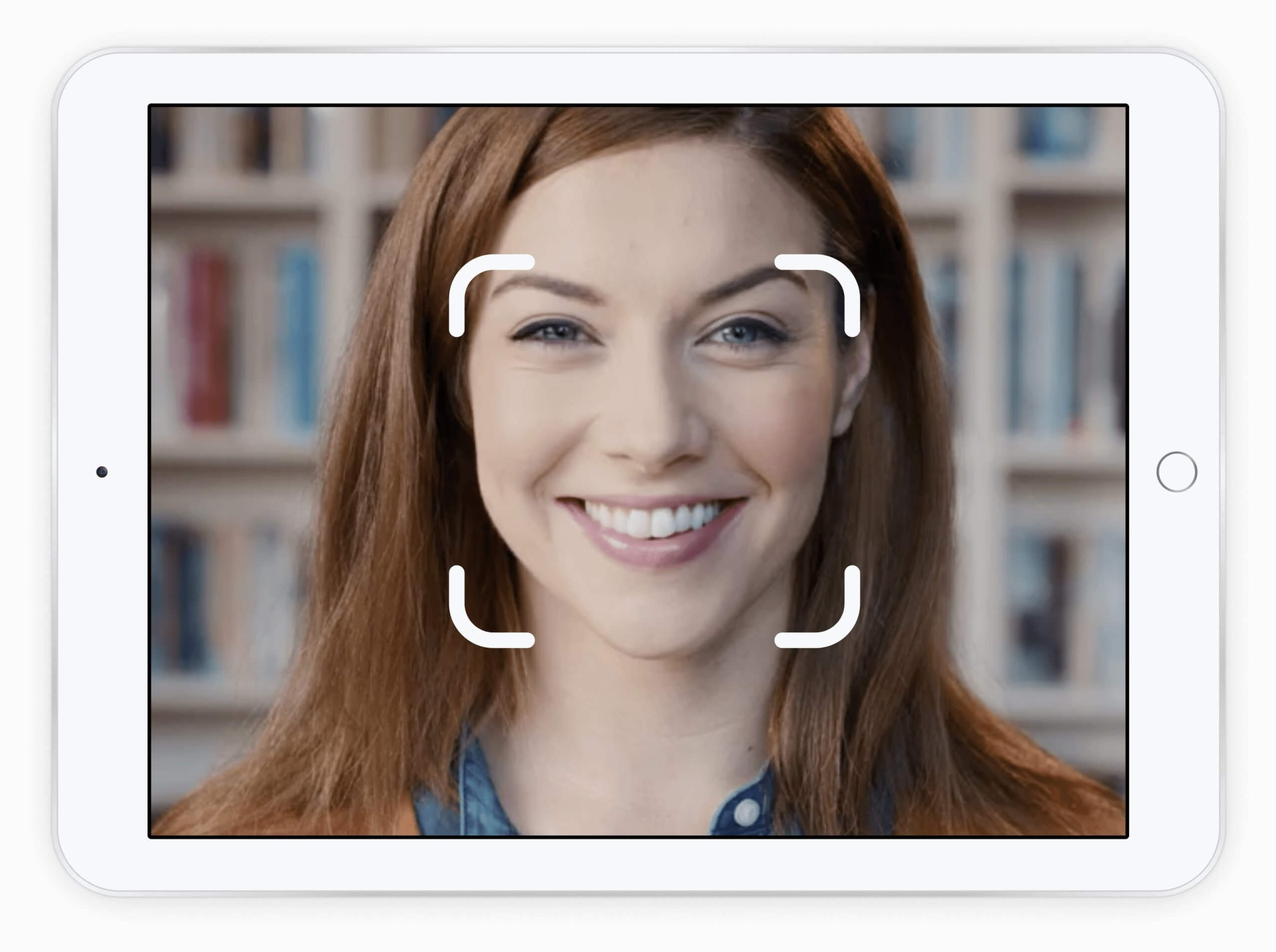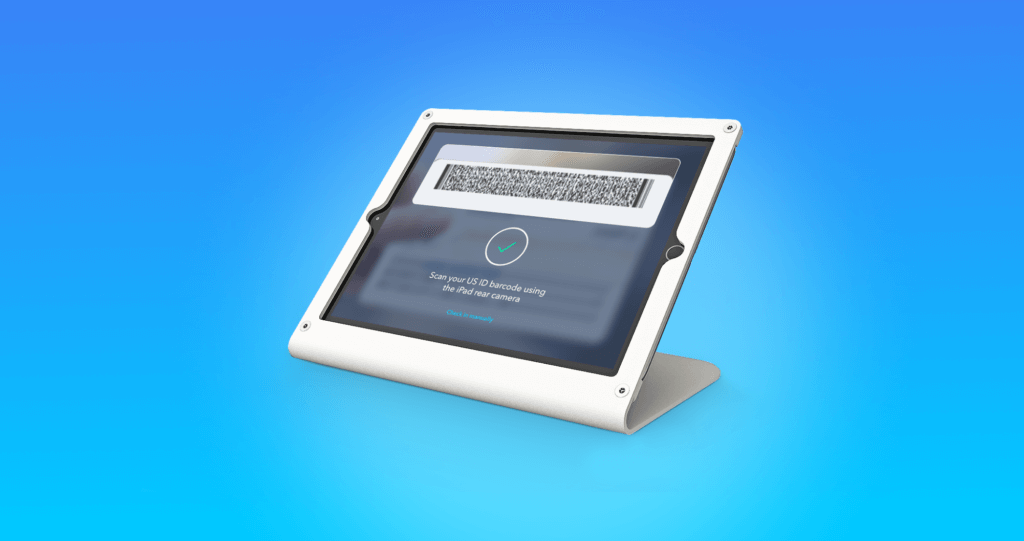
Technology has come to be a huge part of our day to day lives, eliminating monotonous tasks, and enabling faster and easier communication across the world. It has automated aspects of various sectors such as FinTech (financial technology), and now it’s the turn of the commercial real estate sector to reap the benefits through PropTech (property technology).
However, even as the commercial real estate industry makes a start in exploring the opportunities that technology and innovation can bring, there is still some way to go.
The discussion has evolved to include data management, security, and privacy. This is because with the advent of PropTech there have been unending debates on the invasion of privacy and the possible misuse of data by unscrupulous individuals.
As PropTech is employed to enable access to secure assets, a method to securely verify access must be implemented to satisfy security professionals. Also, system access should be provided in a manner that’s convenient and simplified for the end-user.
Is it possible for these two contrasting sides to come together in order to reach an effective solution?
This may sound like the start of a hopeless task but it is worth exploring.
The commercial real estate industry is gradually recognizing the need to become more secure in terms of access control structures to protect against unauthorized people, vehicles, and other threats. As a result, we've seen a rise in SaaS-based platforms developing products that enhance commercial real estate security. These include access control management solutions that allow you to control, track and manage access to any facility for improved employee and visitor management.
But the big question is what really matters the most, security or convenience or is there a balance?
While the two factors are independent of one another, in reality, there is often a tradeoff where heightened security means reduced convenience and vice versa. In the simplest form, what this means is that you can’t have maximum security and high levels of convenience in any one system. The more secure I make my real estate; I will simultaneously make it less convenient to access.
Let’s look at each of these to see how progressive security results in curtailed convenience.
Access control is a security configuration that regulates who or what can gain access into a certain environment. Implementing a secure and reliable access control system can significantly improve the overall level of security within your commercial real estate.
Typically, access control frameworks perform authentication of identities and authorization of visitors by assessing required login accreditations. However, it may seem inconvenient & tedious to enter additional information every time users need access.
Facial recognition helps you improve your site's safety & security by enabling visitors to instantly identify someone who shouldn’t be around the commercial real estate. This impressive technology uses biometrics to map faces and saves recognizable features as verified data, specific to that individual. Then, it compares this information against their database of recognized faces to see if there’s a match. Not only is this an effective way to verify someone’s identity, but it also makes the check-in and check-out process quicker and easier. This technology could, however, undermine fundamental privacy rights as the company is left with an image of your face without your consent.

Today, companies are introducing airport like check-ins where visitors are required to scan their ID or license during sign-in for an added layer of security. Sine’s mobile ID scanning & verification allows you to get comprehensive information on your visitor by scrutinizing their U.S. driver’s license when they arrive. When the ID Check scans a U.S. Driver’s license, Sine’s system extracts the visitor’s data and stores the card expiry.
This feature is available to US Customers only.
As such, the visitor’s information privacy/security is in question. This is because visitor data is sensitive information and if, for example, a visitor’s driving license is scanned; their identity can be stolen if the data isn’t protected.

For each of the above and many more, each time we choose greater convenience, we sacrifice on security. If you want more prominent security, then it will certainly be less convenient.
Overall, when it comes to balancing security against convenience, we have to consider this tension in each data scenario and make the right decision based upon its proper balance.
The ultimate visitor must be taken into consideration with how security procedures will affect them. Customarily, end-users will want an easy and convenient way to access the real-estate but on the other hand, security professionals have to ensure that this easy and convenient way is sufficiently secure.